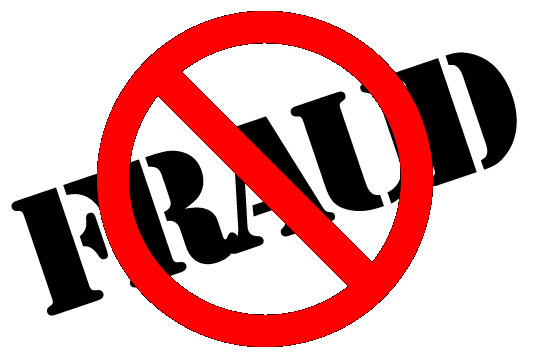Start Date:
20 May, 2024.
End Date:
24 May, 2024.
The Board of Directors has the ultimate responsibility for operations and processes involving risk management and control, but, managers with operational responsibility are charged with ensuring that the risk management, steering and control processes work according to the guidelines of the Board. This includes continuous evaluation of control methods, which should be identified, appropriate, effective and stable. Good risk management, steering and control requires clearly defined delegation of responsibilities and duties, as well as observance of the duality principle, which means that no one should handle a routine or oversee a case without control or supervision
Course Objectives
- Identify those “high-risk” processes - and build control systems that mitigate the risk
- Develop control-based audit recommendations that truly help management meet tactical and strategic objectives
- Ensure that your company fully complies with the SEC Code of Corporate Governance on risk and internal control
Course Outlines
-
Course Contents
DAY1
Introduction To Internal Auditing and Defining internal auditing
- Defining Internal Audit
- Internal Audit roles and objectives
- Internal Auditing Today
- Standards and Guidance
-
Engagements for Internal Audit
- Internal audit charter and audit universe
- Scope of internal auditing
- Audit Planning
- Identify the requirements of annual audit planning.
- Identify the components of an audit project plan.
- Interviewing
- Identify the components of interviews
- Process & Policy Review
- Auditing of Policy/Best Practice Compliances
- MIS Review
-
Financial Audit Engagements
- Auditing of Business Operation
- Auditing of Store Operation
- Auditing of Statutory & Tax Compliances
- Auditing of Finance & Accounts Compliances
- Auditing of Petty Cash Expenses
- Transaction Verification & Validation
- Process Verification & Validation of Purchases
- Pending GRN Report
- Pending Bill Report
- Open PO Report
- Vendor Management Auditing
- Process Verification & Validation of Payment
- Process Verification & Validation of Receipts
- Process Verification & Validation of JV
- Revenue Auditing
- Reimbursement verification/Advance/Travel Policy/Entertainment
- Conveyance/Mobile/Petty Cash Policy Compliance
- DAY2
-
Analytical Procedures
- Definition of analytical procedures
- Purpose of analytical procedures
- Substantive analytical procedures
- Factors affecting precision analytical procedures
-
Risk, Control and Governance
- Defining risks
- Internal control
- Corporate control and strategies
- Corporate governance
- Control and Risk Self-Assessment
- Control objectives,
- Types of control
- Evaluation tools and techniques
-
Risk Management
- Risk Assessment
- Identifying the components of risk assessment and risk management as they relate to internal auditing
- Identify the components of the COSO Internal Control Framework
- ERM and RBIA
- Role of Internal Audit in Risk Management.
-
DAY3
Understanding Security and Privacy
- What is Privacy?
- Privacy framework and principles
- Auditing privacy risk
- Privacy protection
- Privacy control
- Threats to individuals and stakeholders
-
IT Engagements
- IT audit areas
- IT risks and control
- Internal audit use of IT
-
Computerized Tools
- Identify emerging tools that automate the audit process (Computerized Tools)
- Testing
- Identify the methods for obtaining and presenting audit evidence.
-
DAY4
Statistical Sampling
- Testing framework
- Compliance and substantive tests
- Working paper strategy
- Working paper exercises
-
Generating Data
- The need for data
- Quality of data
- Data security and processing of sensitive data
- Data and the Independence of the Internal Auditor
-
Analytical Procedures
- Selling of the Results
- Identify the best practices for selling audit results to stakeholders.
- Teamwork:
- Identify the components required to function successfully on an audit team.
-
DAY5
Audit and Assurance
- Audit framework and regulation
- Legal and other professional regulations, ethics and current issues
- Accepting and managing engagements
- Planning and risk assessment
- Internal control
- Audit evidence
- Review and reporting
-
Fraud Awareness
- What is fraud?
- Psychology of fraud
- Red flags of various fraud schemes
- Role of Internal Audit in fraud prevention and control
- Fraud Policy
-
Internal Consulting
- Nature of internal audit consultancy services/roles
- Planning for delivery of consultancy services
- Internal transformation and change initiatives
- Professional conduct, consultancy assignments and issues of independence/objectivity
-
Monitoring and Engagements
- The role of continuous auditing in relation to continuous monitoring.
- Ongoing control assessment, ongoing risk assessment, continuous monitoring, and assurance.
- The Difference Between Auditing and Monitoring
- Reporting:







